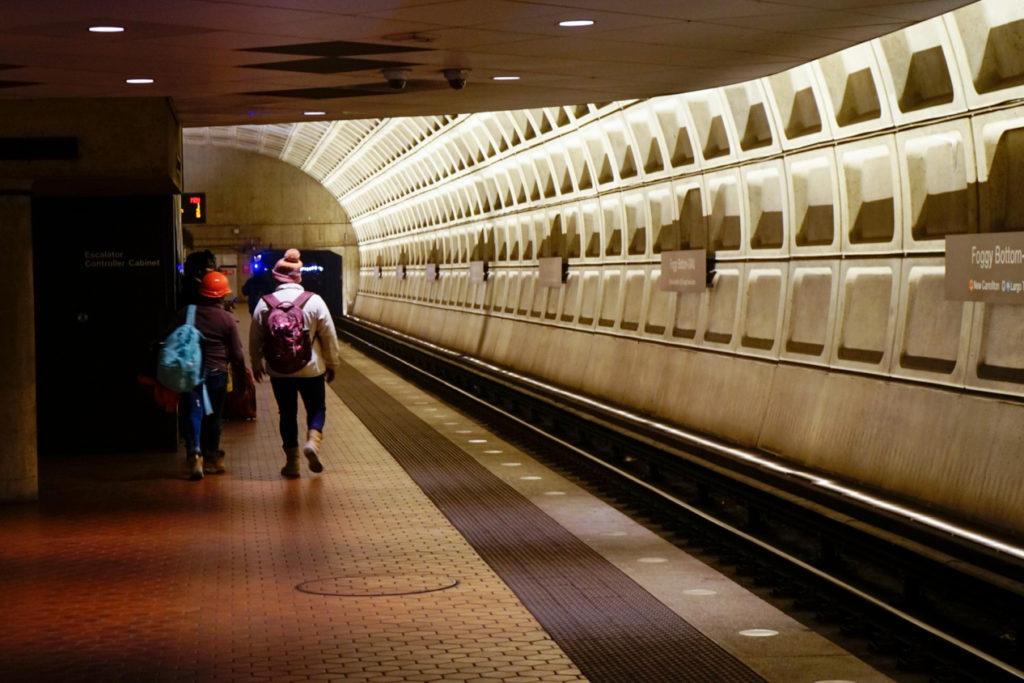Metro Transit Police Department officers began ticketing fare evaders Tuesday after a monthlong campaign to raise awareness and deter fare evasion on Metrorail and Metrobus.
Metro officials announced in a release that Metro will start handing out citations to individuals who jump fare gates, improperly use emergency exit gates and don’t pay for fares on Metrobuses. In the District, where fare evasion is a civil offense, fare evaders ticketed in D.C. could face fines of up to $50, but in Maryland and Virginia, where fare evasion is a criminal offense, fines could cost evaders up to $100.
“Metro has a message for fare evaders: operating buses and trains isn’t free,” officials said in a release last month. “Customers riding Metrobus and Metrorail are required to pay fares and will be warned accordingly.”
MTPD officers reported that they issued at least four citations and arrested one individual for fare skipping Tuesday, the first day of the new fare enforcement program, according to WUSA9.
WMATA began displaying digital warning signs urging riders to pay their fares early last month, and Metro Transit Police Officers began handing out fliers with the same warning to fare evaders late last month. Metro also installed “faregate technology,” in various stations – including Foggy Bottom’s Metro station – that they claim will help them gather more accurate data on revenue lost to fare evasion, according to a Metro release.
“The region needs to decide what we want Metro to be and fare policy should be part of the conversation,” WMATA General Manager and CEO Randy Clarke said in a release last month. “Many people have mentioned going to a fare-free model, but fare-free does not mean free. There are costs associated with running the community’s transit system.”










